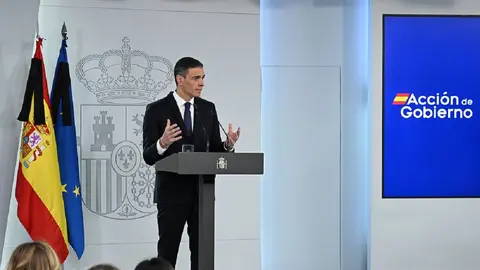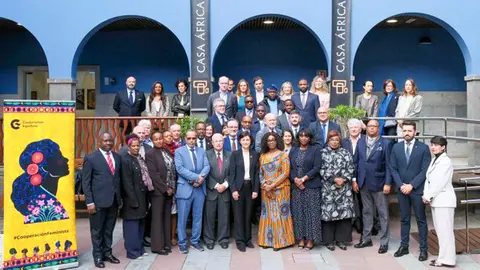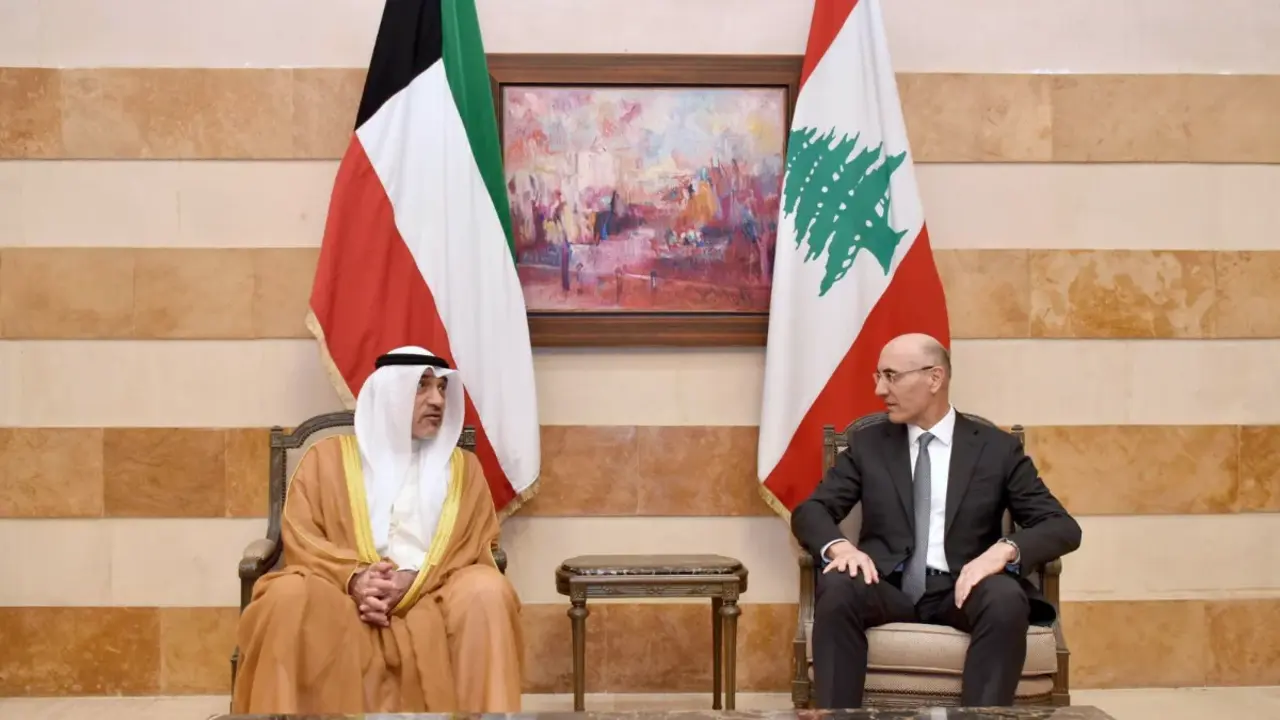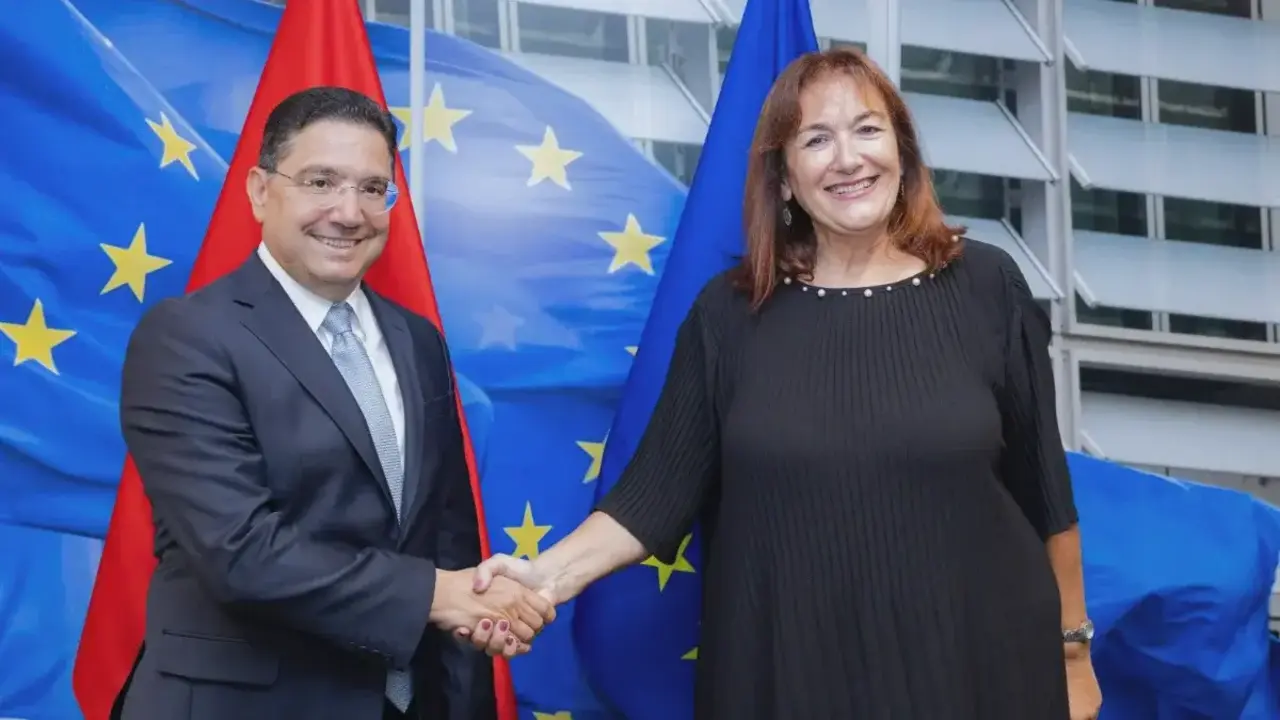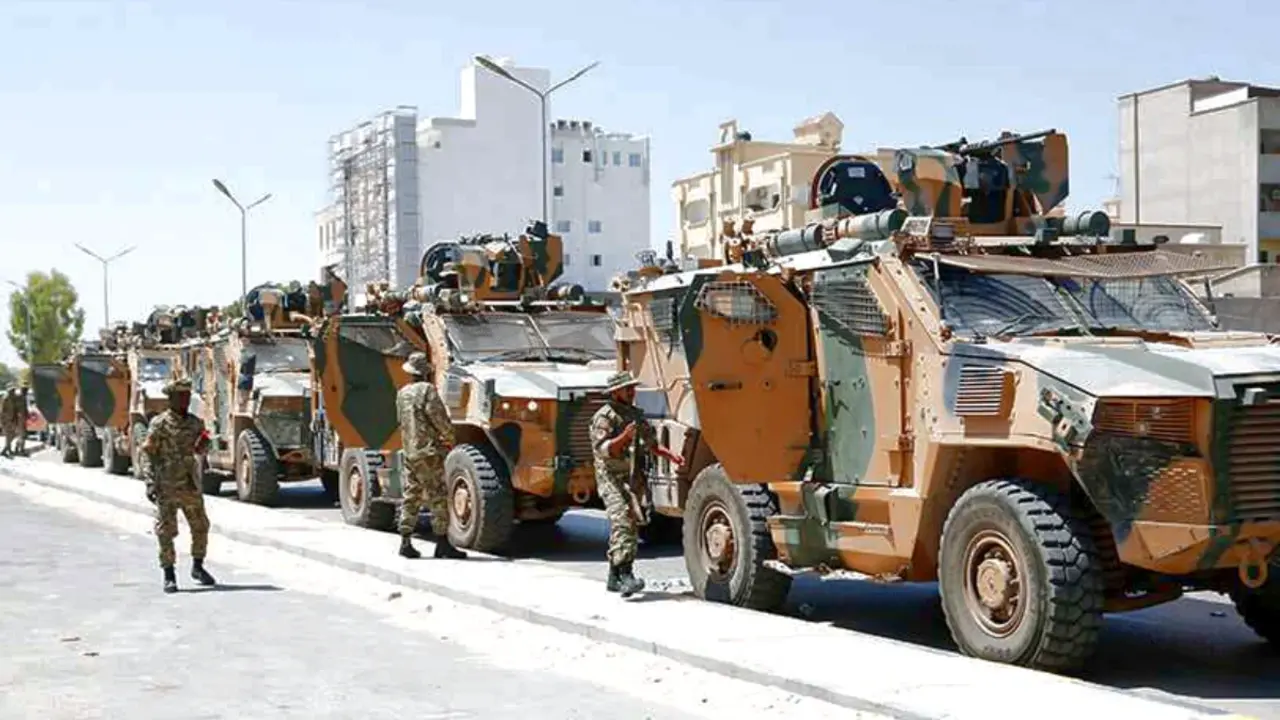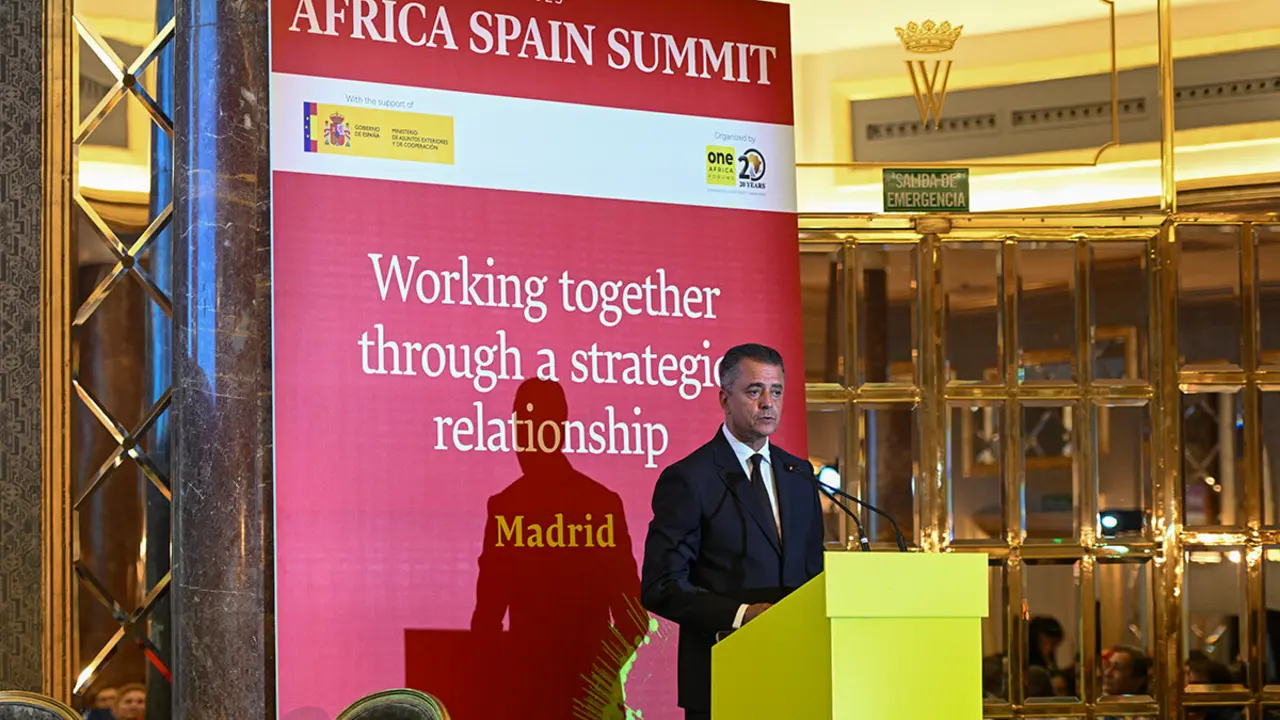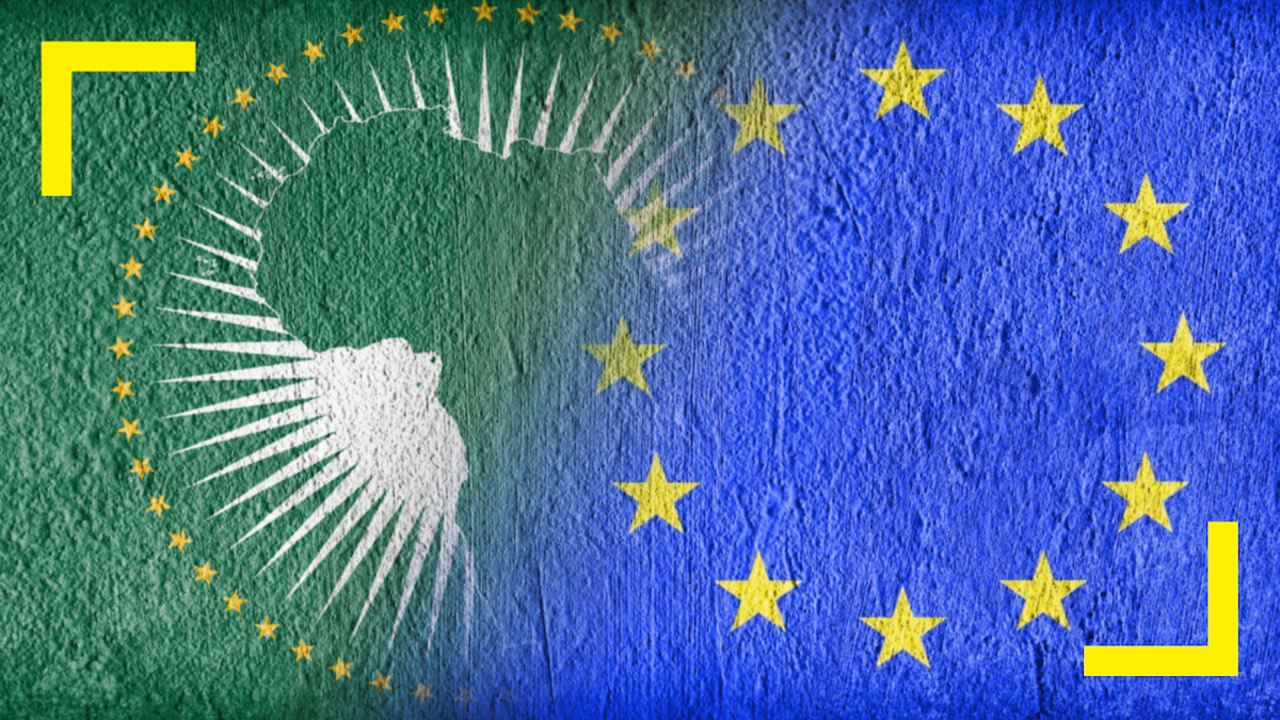Spanish security forces quell riots in Torre Pacheco

Spanish security forces have quelled riots in Torre Pacheco, Murcia, after days of clashes between far-right militants opposed to immigration and immigrants, mainly of North African origin.
The disturbances began after a 68-year-old local resident was allegedly assaulted by three people of North African origin, one of whom has been remanded in custody for beating up the victim. The far-right response came after this attack, allegedly carried out by three North Africans aged 19, 20 and 21, on a 68-year-old local resident, Domingo, last Wednesday while he was walking near the local cemetery. The three were arrested and one of them, the alleged perpetrator of the violent act, was sent to prison after being apprehended in Rentería (Guipúzcoa) while allegedly planning his escape to France. The government delegate in Murcia, Mariola Guevara, confirmed that the detainee is a resident of Barcelona.
The Minister of the Interior, Fernando Grande-Marlaska, also confirmed on Monday in an interview on Cadena SER the arrest of two people of Moroccan origin who allegedly participated in the attack and who allegedly covered up for the perpetrator. According to the Civil Guard, as confirmed to TVE, these two young men in their twenties are Moroccan immigrants who do not reside in Torre Pacheco. They are being held on suspicion of failing to render assistance. The third suspect was arrested at Rentería station as he was about to board a train bound for Irún, apparently with the intention of travelling from there to France. He also had no registered address in Torre Pacheco. On Tuesday, the court remanded him in custody without bail.
Given the situation, tension grew in the Murcian town. Torre Pacheco became a major flashpoint, with neighbourhood patrols organised to deal with public insecurity linked to certain violent and threatening members of the immigrant community in the area, mainly North Africans. What began as a defensive action by the residents themselves turned into an ultra-right-wing persecution due to the interference of radical groups who tried to take advantage of the confrontation with immigrants linked to crime to carry out a social hunt against the immigrant population in the town, mainly North Africans.
There was a significant police presence to contain the arrival of far-right extremists from various parts of Spain and other European countries, which would have led to a significant escalation of tension and violence against immigrants in the area. The Spanish police and the Civil Guard managed to convince these extremists through various channels to leave the town, and most of them left the area, thus preventing serious clashes.
A demonstration was also called by ultra groups, but it was not followed because only a hundred people attended, and it should also be noted that this gathering was not authorised. Those attending demonstrated in front of the Torre Pacheco Town Hall and various radical symbols could be seen among the participants.
The demonstration called by radical groups did not go ahead in the end, despite the support expressed by various groups and ultra representatives in some media outlets and on social networks.
Faced with this situation, the immigrants took refuge in their homes in the main neighbourhood affected, San Antonio, where the majority of the population is of Maghreb origin or descent.
Thus, a peaceful and defensive gathering of residents in response to the despicable attack allegedly carried out by three Moroccans against a 68-year-old resident of Torre Pacheco turned into a persecution of young people of Maghreb origin and harassment by ultra groups.
The Civil Guard arrested the alleged leader of the xenophobic movement Deport Them Now EU, whose Telegram channel instigated a ‘hunt’ against Maghrebi immigrants.
According to the Spanish Ministry of the Interior, the man, whose initials are C. L. F., was arrested on Monday afternoon in Mataró, in the province of Barcelona, and has been charged with incitement to hatred.
Torre Pacheco has about 40,000 inhabitants, a third of whom are immigrants, and the situation caused by the large influx of immigrants has exploded. The population has grown rapidly in recent years due to the boom in intensive agriculture, which employs many of the immigrant residents who have arrived in the Murcian town.
So far, more than a dozen people have been arrested by the authorities since the start of the riots, including the three alleged perpetrators of the attack on the elderly man, the one who beat him up and two others who filmed it on their mobile phones, apparently to post it on social media, as well as members of far-right groups.
Rejection of the media circus
A media circus has been created around this issue due to the sensationalist nature of the assault in Torre Pacheco linked to the immigration issue.
Various organisations have called for calm to avoid unnecessary and highly damaging escalations of violence. This is in order to avoid the way in which some media outlets are covering the issue.
In this vein, the Moroccan Association of Spanish-speaking Journalists (AMPH) has strongly condemned the recent acts of xenophobic violence in the Murcian town of Torre Pacheco, where several immigrants of North African origin have been targeted in recent days following an attack allegedly carried out by a group of North Africans against a 68-year-old man.
In a statement released on Tuesday from its headquarters in Rabat, the AMPH warns of the growing political exploitation of hate speech in certain sectors of Spanish society and denounces the proliferation of ‘irresponsible rhetoric’ that polarises and fractures the social fabric for purely electoral purposes.
‘This type of discourse fuels a climate of hatred and intolerance, the consequences of which are already visible on the streets,’ the organisation warns.
The association calls on the media to steer clear of alarmist and stigmatising narratives and to adopt coverage based on the principles of ethical journalism, with a fair, balanced and humanistic approach.
‘Reporting is not criminalising. Immigrants should not be treated as scapegoats or turned into tools for political manipulation or commercial gain,’ stresses the AMPH.

